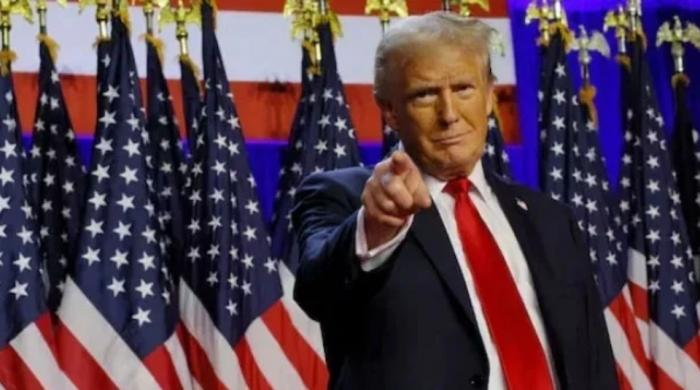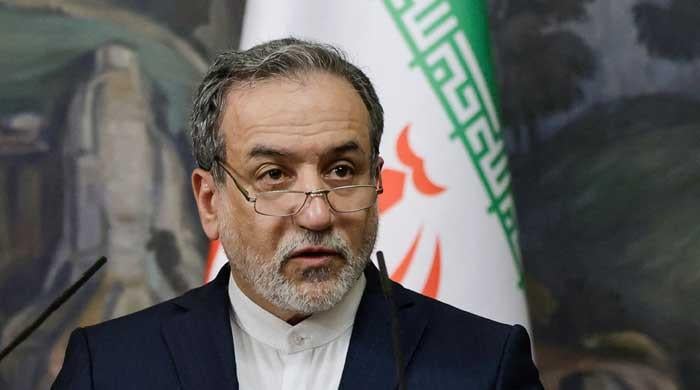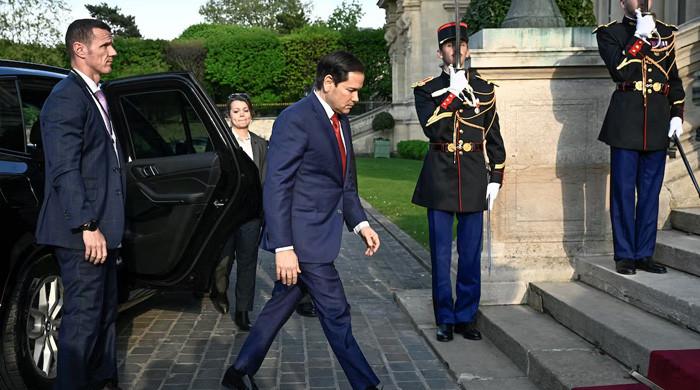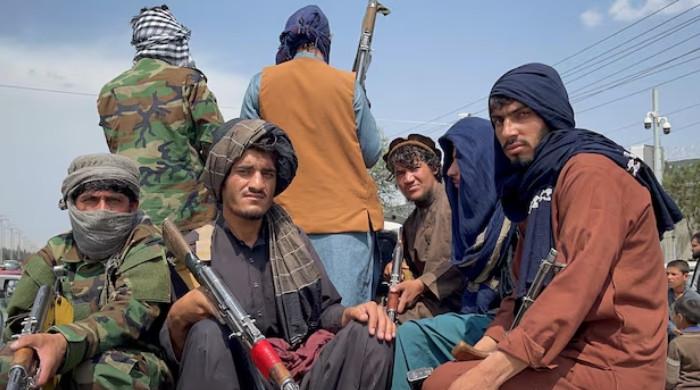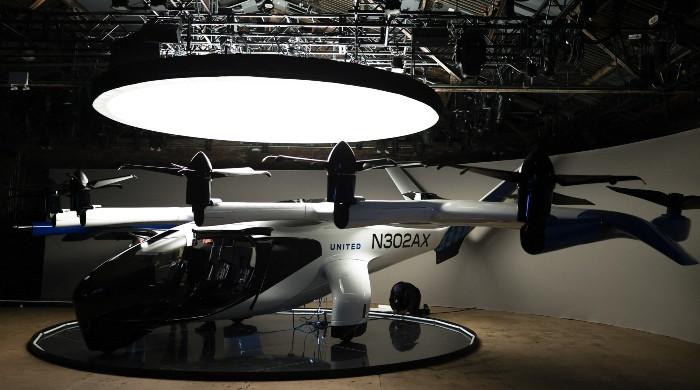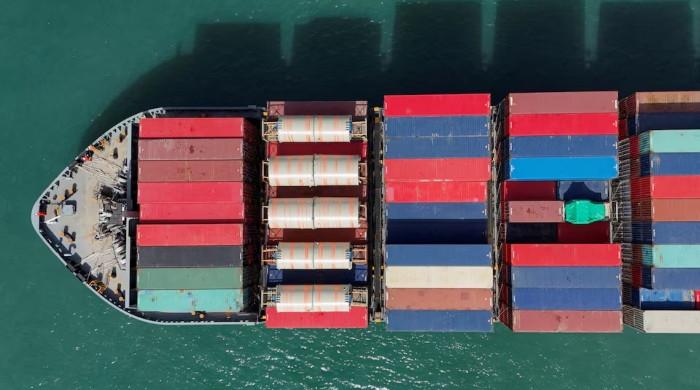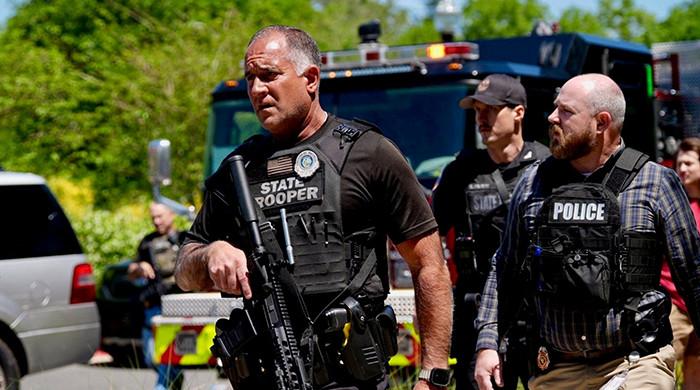US, Russia forge ahead on peace talks in Saudi without Ukraine
Initial discussions took place in Riyadh, Saudi Arabia, and lasted over 4 hours
February 19, 2025
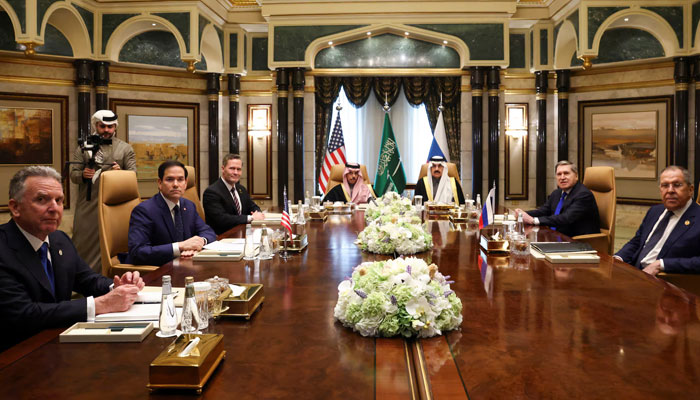
Trump administration Tuesday announced it had agreed to hold further peace talks with Russia to address the ongoing war in Ukraine, Reuters reported.
This marks a shift in the US's previous approach, which largely isolated Russian President Vladimir Putin and rallied NATO and allies to support Ukraine’s defence.
The initial discussions took place in Riyadh, Saudi Arabia, and lasted 4 1/2 hours, but Ukraine was notably excluded from the talks, a point of contention for many.
As the meeting progressed, Russian officials hardened their demands, including a firm stance on NATO membership, stating they would not accept Ukraine joining the alliance.
Ukraine has been adamant that it will not accept any peace agreement that is imposed without its direct involvement. German Chancellor Olaf Scholz also reiterated that no decisions regarding Ukraine's future should be made without the country's consent.
The move by the Trump administration has drawn criticism from some European leaders who argue that it has given Russia concessions, especially after ruling out NATO membership for Ukraine and suggesting that Kyiv’s efforts to reclaim territory from Russia were futile.
Despite these concerns, US National Security Adviser Mike Waltz and Secretary of State Marco Rubio stressed that the peace process must lead to a permanent cessation of hostilities, even if that means discussing territorial concessions and security guarantees.
However, Russian officials made it clear they would not offer any concessions, which raised doubts about the potential for meaningful progress.
While the talks were framed as the beginning of a serious negotiation process, Ukrainian President Volodymyr Zelenskyy postponed a planned trip to Saudi Arabia, possibly to avoid lending legitimacy to the US-Russia talks without Ukraine's participation.
The diplomatic efforts have triggered alarm in both Kyiv and European capitals, where concerns persist that the talks could overlook Ukraine's security needs and risk legitimising Russia’s aggression, potentially undermining long-term stability in the region.




